
Thu, 28 Oct, 2021

Shanghai: A little over a month after the curtain was brought down on the 2018 Chinese Super League (CSL), clubs from across the world's most populous country convened in Shanghai for the 2018 Chinese Club Financial Management International Seminar.
Initiated and organised by the Chinese Football Association (CFA), this event was aimed at improving the clubs' financial management and enhancing CFA's regulations to achieve sustainable development.
The seminar, which ran on December 18-19, attracted over 180 representatives including managerial staff from over 60 clubs of the three top divisions of China PR, administrators of CFA departments of league organisation, entry control body and club licensing as well as experts from the AFC, Ligue de Football Professionnel, Liga Nacional de Fútbol Profesional and Italian Football Federation and Tokyo FC.
In inaugurating the seminar, Du Zhaocai, Deputy Sports Minister and CFA Acting President, said: "As the trail-blazers for China's football development, the Chinese professional leagues have played the key role since the scheme was announced three years ago.
"They are the core resources of our country's football industry and they provide the stage for youth talents to emerge and develop. Therefore, it is important for our clubs to improve their finance management in order to achieve healthy development."
With the increasing popularity of the CSL, clubs have vied against each other in spending in order to gain success. A series of financial problems emerged with clubs struggling to make ends meet while the players' transfer fees and salaries continue to grow. These are the areas where Chinese clubs should learn from their foreign counterparts, according to Du.
"We hope our clubs will improve their finance management through studying the cases of those successful foreign clubs and adopting the modern management techniques."
Thu, 28 Oct, 2021
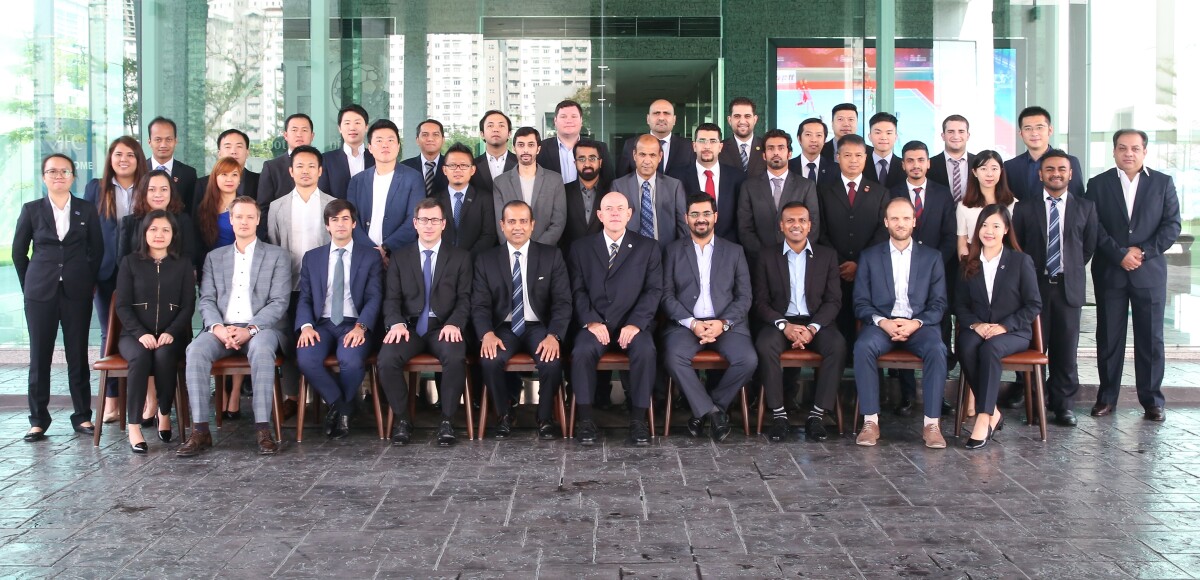
Kuala Lumpur: The AFC Club Licensing Workshop began at the Asian Football Confederation House on Tuesday, bringing together 39 club licensing managers across the region.
The two-day workshop aims to equip the participants with the tools to familiarise themselves with the regulations and promote good practices as well as to improve and enhance the quality of club licensing in Asia.
AFC Head of Club Licensing Mahajan Vasudevan Nair, who chaired the workshop, conveyed AFC general secretary Dato’ Windsor John’s message: “The AFC has made significant progress since piloting the AFC Champions League club licensing system in 2012. Just last year, we introduced club licensing for teams in the AFC Cup.
“Today, I am pleased to note that 43 Member Associations are actively engaged and benefiting from this game-changing regulation system. More MAs are recognising the enormous impact of club licensing. For many, its value has increased, from a benchmarking tool to a professional development tool.
“Looking to the next phase, it is essential that we build on this momentum. From increasing the quantity, we must now shift the focus to enhancing the quality. Today’s workshop has been designed to benefit the licensors, placing – you - the club licensing managers – at the centre of the focus.”
Among the significant topics discussed were AFC and UEFA Club Licensing Quality Standards, Licensing Regulations and Best Practices.
Also present is Ales Zavrl, Head of Club Licensing at UEFA and member of the UEFA Club Licensing Committee elaborated on UEFA’s Financial Fair Play
“Apart from having good communication in the club organisation, commitment plays a vital role in the development of a good club licensing system. It is also important for us to share best practices and this can raise the standard of club licensing in the Member Associations,” said Zavrl.
Pedro Iriondo, Professional Football Department Project Manager was also in attendance and explained the various services provided by FIFA Professional Football Department.
Thu, 28 Oct, 2021
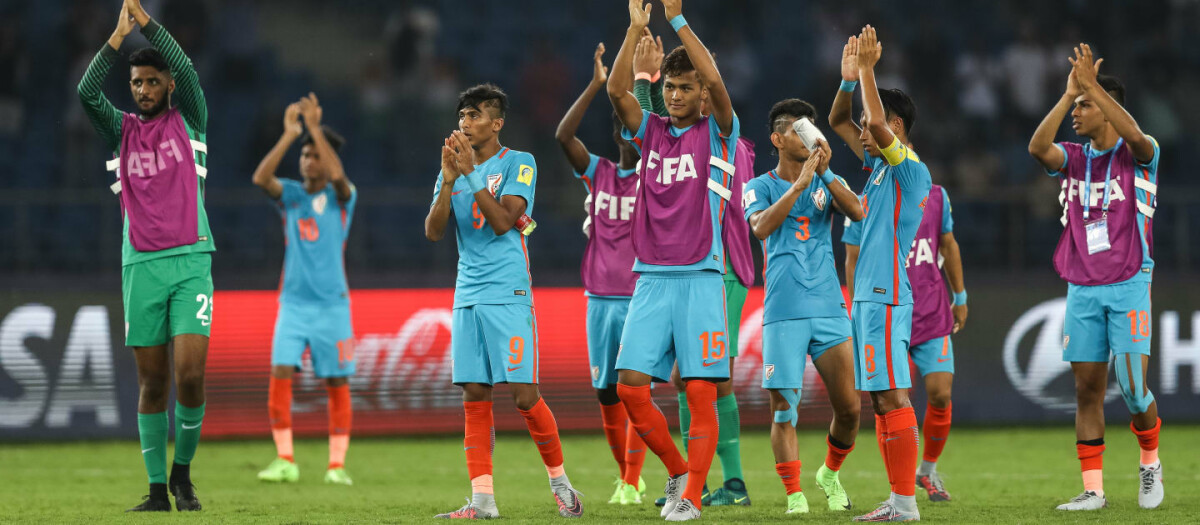
New Delhi: Few countries in the Continent have celebrated as many triumphs in the global game as India over the last five years.
Undoubtedly one of the fastest movers in Asia, the men’s national team have emerged from a modest 175 in 2015, to among the world’s top 100 nations in the FIFA World Ranking in 2017.
At the youth level, the FIFA U-17 World Cup 2017 – the first-ever FIFA competition staged in the country – served as a catalyst for the game’s growth after the tournament broke all attendance records in the history of FIFA age-group competitions.
Thu, 28 Oct, 2021
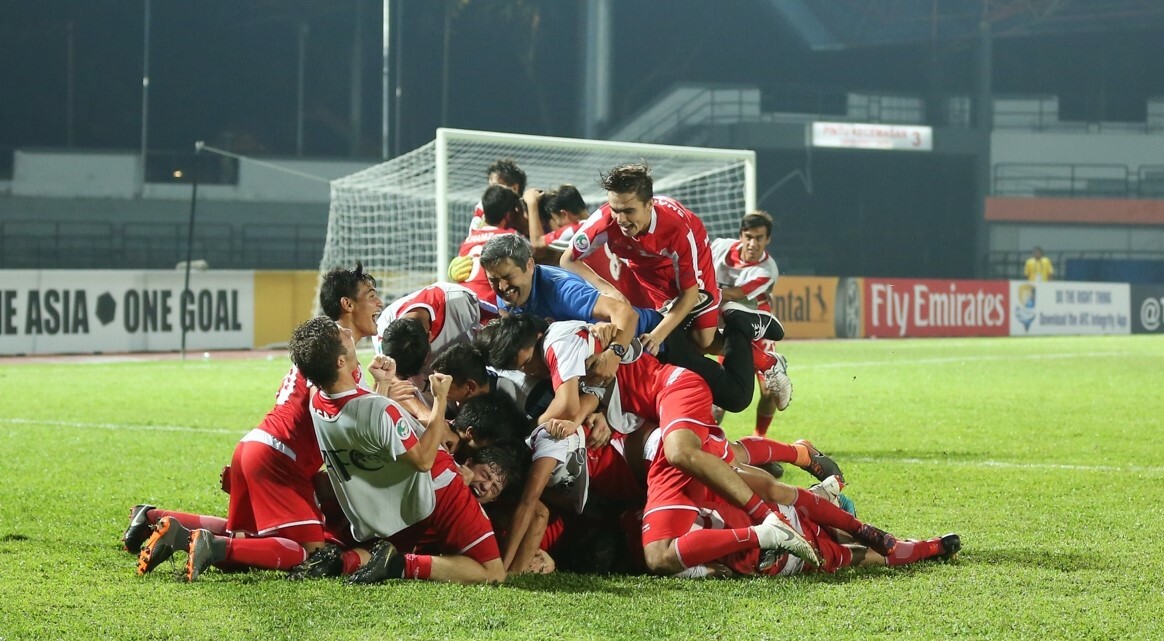
Dushanbe: Tajikistan’s inspiring adventure at the U-16 Championship Malaysia 2018 was nothing short of remarkable.
In one of the greatest comebacks in Asian youth football history, the Central Asians displayed true grit and determination to brush aside their opening day 6-2 defeat to Malaysia before storming into their first-ever final, and in doing so, secured their place amongst the world’s elite in the FIFA U-17 World Cup Peru 2019.
The achievement was even more impressive considering the challenges in football infrastructure facing the football-loving nation, particularly in the country’s football capital – the Republican Central Stadium.
Thu, 28 Oct, 2021
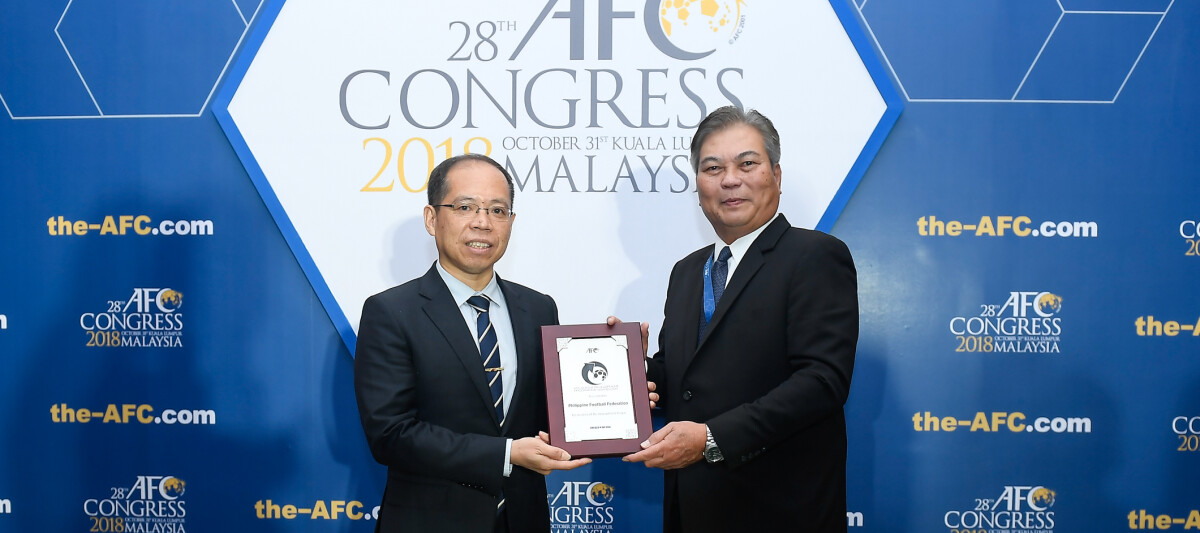
The Philippine Football Federation (PFF) has been awarded the League Development Award for the creation of its new league - the Philippines Football League (PFL) - and its extensive work on league governance.
Successor to the former top-tier football league in the Philippines, the PFL celebrated its inaugural season in 2017, with Ceres Negros clinching the title.
PFF President Mariano V. Araneta Jr. was presented with the award by AFC Development Committee Chairman Zhang Jian after the 28th AFC Congress in Kuala Lumpur, Malaysia.
“This is an award that will inspire us to improve our league, and our clubs to do better. We hope that the PFL continues for many years to come,” said the PFF President.
Thu, 28 Oct, 2021

Bangkok: Buoyed by their first-ever foray in the final qualification stages of the 2018 FIFA World Cup, Thailand’s transformation from ASEAN powerhouses to Continental contenders has ignited a new wave of optimism among the country’s passionate fans.
But the War Elephants’ rise has by no means been fortuitous. Behind the scenes, the industrious and inventive engine was set in motion two years ago, when a joint Strategic Planning Mission conducted by the AFC and FIFA sparked the genesis to institute a new 20-year strategic masterplan.
Embodying the principles and outcomes of the newly-structured AFC President’s Development Initiative (PDI), the mission sought to engage FA Thailand’s key decision makers and together, identified the future goals and action plans before establishing key levers to elevate the level of professionalism and administration standards in Thailand.
Thu, 28 Oct, 2021
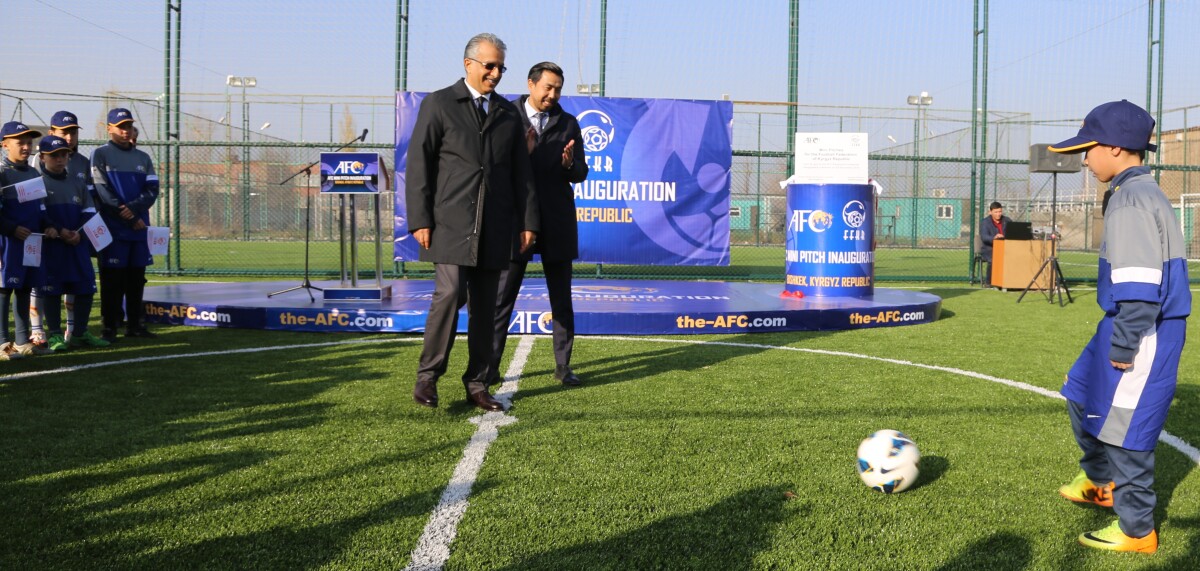
Kuala Lumpur: Over the last four years, the Asian Football Confederation’s (AFC) Mini-Pitch Scheme has been transforming the capabilities of the AFC Member Associations to build a thriving football culture, igniting a lifelong passion for the game across the Continent.
The ground-breaking scheme, at its core, has been providing greater access to top-class and fit-for-purpose facilities and creating a profound impact in all areas of development, both in the men’s and women’s game, from the grassroots, and youth to elite football.
“Despite facing extremely difficult circumstances, we are determined to provide more opportunities for football to develop in Afghanistan.
"Facilities and access have been two of the biggest challenges for us here and the AFC mini-pitches are playing a vital role in helping us grow the game,” said Afghanistan Football Federation General Secretary Sayed Ali Reza Aghazada.
Youth footballers in the Central Zone nation are the main beneficiaries of six state-of-the-art mini-pitches built over the last three years across its capital Kabul and Mazar-i-Sharif, the fourth-largest city in the country.
“Football is a powerful tool to give our people hope, to bring joy to children. These mini-pitches are some of the most utilised football facilities in the country and are becoming a focal point of football development in Afghanistan.”